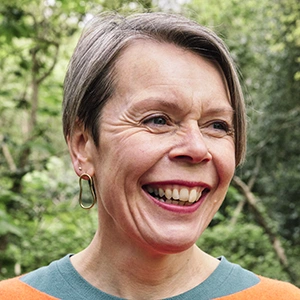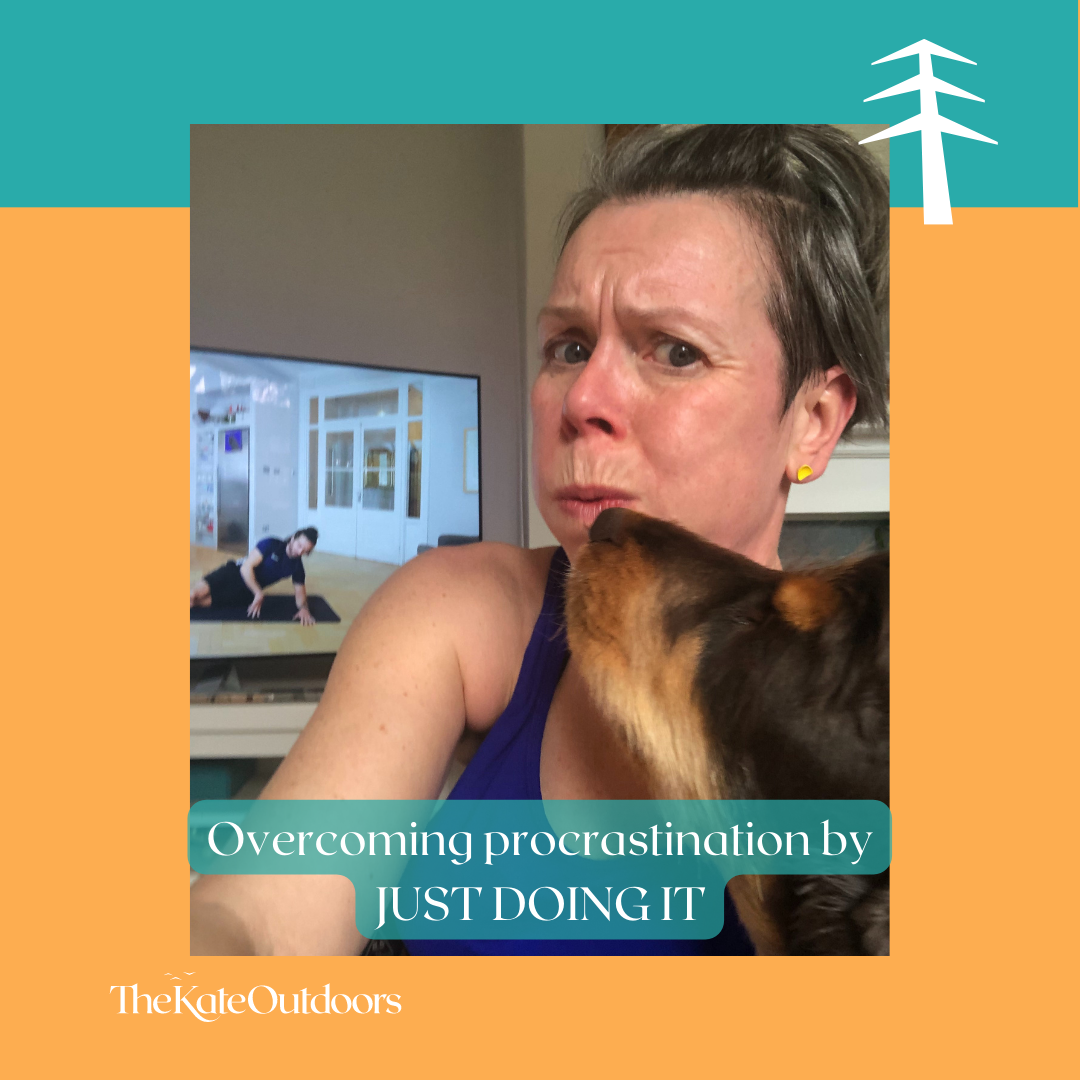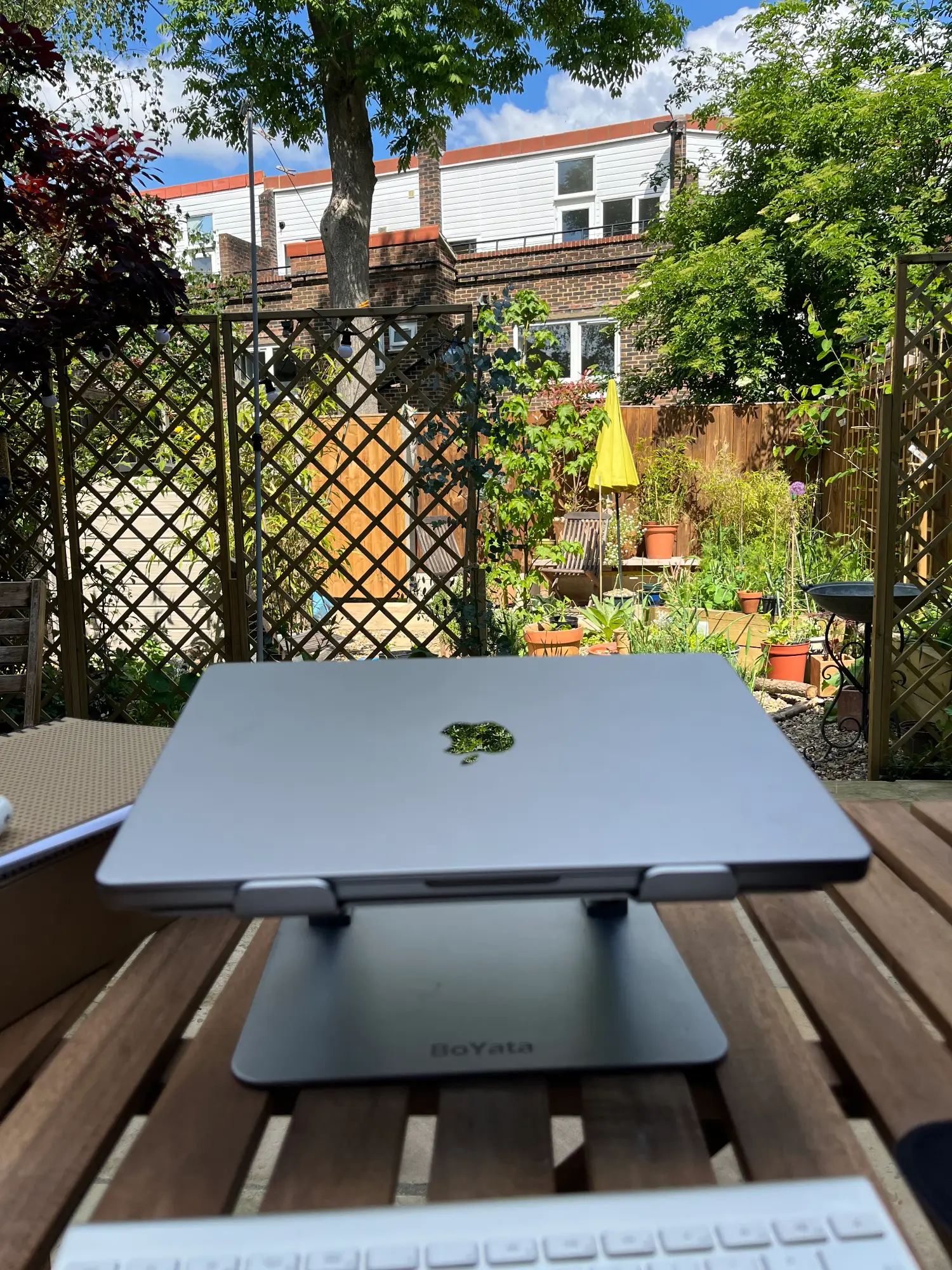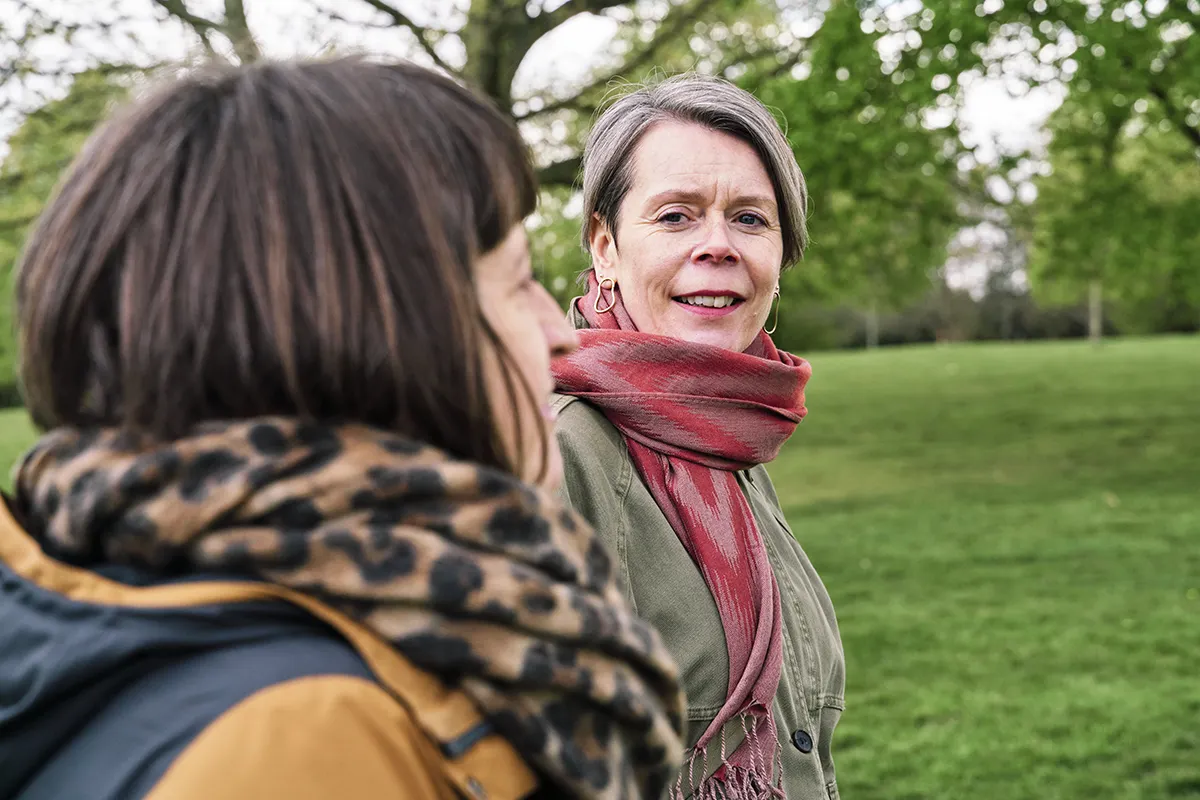3 min read with coaching questions
Procrastination
Putting off tasks is common: we’re often aware we’re doing it and that it’s (possibly) not good for us, yet we do it anyway.
So why do we procrastinate? Can we stop it, or procrastinate less?
This blog will talk about some of the reasons why we procrastinate, how it affects our wellbeing – the emotions and what we can do to help ourselves when it’s in play. If at all.
An expert in procrastination
I have GREAT expertise in procrastination as a midlife woman! So I hope you get some good insights to help you from this post. Plus what I see in the people I work with, and what helps people stop procrastinating.
Procrastination paralysed me in one particular role when my kids were very small and I was stressed with work and being a mum. It literally gave me the fear – stopped me from getting on with my work and behaving normally, but that’s what stress does to your mental health.
Now I procrastinate before my regular HIIT (high intensity interval training) workout – just one example! The extraordinary amount of procrastination disguised as ‘faffing’ before my workout includes;
- Tidying up the front room (where I’ll do it – I like things to feel ‘ready’ for me)
- Getting my playlist just right on Spotify – to spur me on
- General huffing and puffing about the fact that I’m about to do the HIIT workout
And yet, I do my workout. I always feel better afterwards, just like the lovely Joe Wicks, The Body Coach advocates.
Looking at what I do – my emotions, behaviours and thoughts, might give you clues into what’s going on and why I’m procrastinating – and why you might be too.
4 reasons why we procrastinate
- No instant gratification – distraction kicks in. We’d much rather focus on something that gives immediate reward and get a dopamine hit. Think chocolate over a HIIT workout – chocolate wins right!
- Seeing a task as one long or hard project. I know the workout will be hard – that’s kind of why I’ve bought the app and this HIIT Cycle is REALLY challenging me. I know effort and time is involved but I’ve only a limited amount of time to do it
- Lack of confidence or low opinion in your abilities (self-efficacy). If you doubt your abilities, or lack confidence then you might feel anxious even trying. Irrational thoughts take over your rational mind and stop or sabotage you. Also links to perfectionism and fear of failure. This was me in that job I mentioned – I lacked confidence in my abilities and my self-esteem was low
- Task aversion. There’s some discomfort you might experience by doing this task ie it’s difficult/boring (or something else), so you dodge or park it instead
These reasons tend to crop up often in my coaching 1-2-1 and group work. And this subject was well discussed on our last Midlife Women’s Walk and Talk in March.
Can procrastination be a good thing?
This was the reflection from one of my NetWalkers when I ran an informal Netwalking event recently. And the answer got us thinking – YES it can.
Sometimes we procrastinate because there’s something else going on that requires our attention.
4 reasons why procrastination can be a good thing
- You’re tuning in to our gut instinct – something feels off and we lean into it
- You’re actively choosing to procrastinate – empowering!
- You work better under pressure
- You need to work something through first: thoughts/emotions – mindset, before actually doing it – acceptance that you’re procrastinating
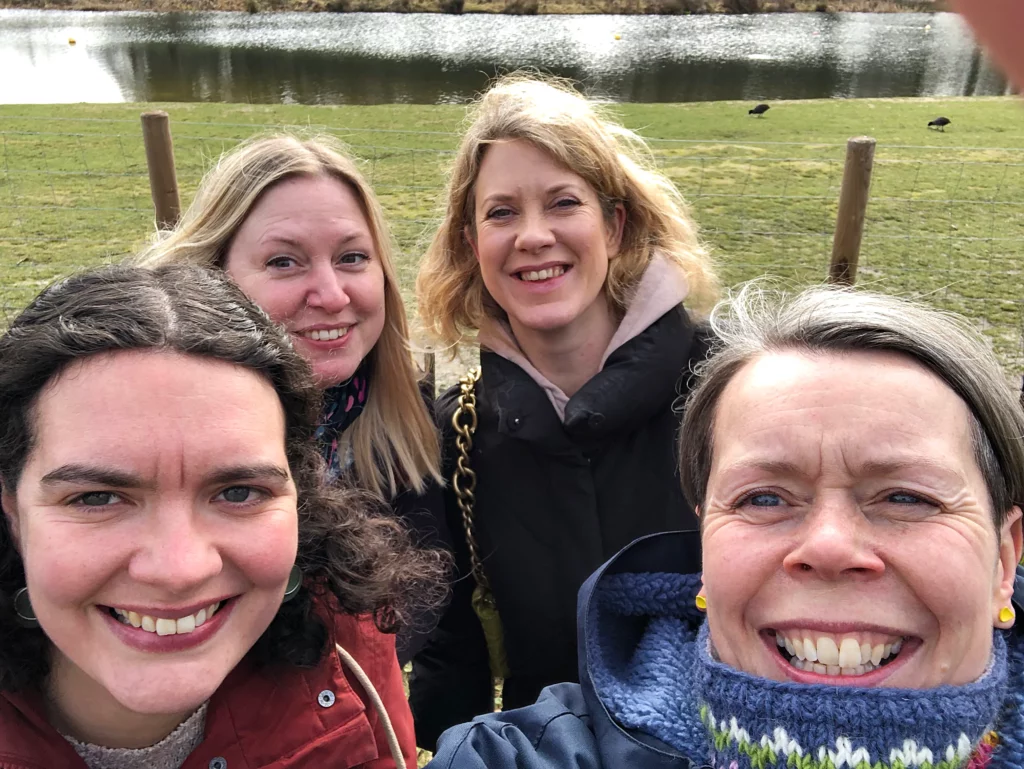
There’s research around active and passive procrastinators.
However, I’m reluctant to categorise people into having ‘fixed traits’: they’re not helpful.
Yet awareness of what you're doing in the moment, is.
Procrastination can be a good thing: we can reframe procrastination from something perceived as largely negative to positive. Then it’s empowering.
Mindset and being kind to yourself
That last 4th reason is me before a workout ‘You need to work something through first, thoughts/emotions – mindset, before actually doing it – acceptance..’.
I procrastinate before my workout because;
- I need to emotionally download and mentally prepare myself.
- I accept that I am procrastinating; the effect is that it motivates me to do the workout
- I get the negativity/ nerves out of my head, I talk out loud, I start to enter a positive mindset and tell myself enthusiastically, ‘Come on Kate!’.
This I recognise, is super important for my mental wellbeing. The power of acceptance, positivity and being kind to yourself.
And if that doesn’t work, Plan B:
JUST DO IT.
Reflecting on my professional observations as a Life Coach and my personal experience, I think that procrastination works in partnership with motivation. Like that ‘nervous-and-excited-at-the-same-time’ feeling; they are polar opposites, yet understanding one – why we procrastinate, unlocks the other.
Overcome procrastination in 5 ways
Here’s some suggestions on how to reduce or stop procrastinating:
- Work out when you were last motivated. Really explore what was going on so that you understand what was going on for you at that moment
- Just do 5 minutes. After 5 minutes you have the choice to continue, or stop. Many of us will continue for longer, because there’s a feeling of ‘I may as well’ or, ‘I can probably do more’. I talked about this when I was trying not to eat meatballs at IKEA last year – read HERE to find out if it worked!
- Chunk it down. If a task seems like one long or hard project, especially if you feel overwhelmed by it, chunk it into bitesize pieces to make it manageable and achievable. The Pomodoro Technique works really well for time. You’ll get the added benefit of focus too
- Change your scene. Does your work environment bring you down? Move somewhere more inspiring. I love working in a local cafe with headphones on – the right amount of interaction with people I know, fab coffee and a wonderful atmosphere that I can dip in and out of. I’m often at The Journey Cafe or Snuffle Dog Cafe (yes – we have our own dog cafe in South London!)
- Talk out loud and to yourself in the 3rd person – ‘Come on Kate!’ – positive self-talk is good for emotional regulation – keeps you calm, centred and focused. This appeals to my strengths
And if that fails, like I said, Plan B. JUST DO IT.
TOP TIP: congratulate yourself on;
a. awareness you were procrastinating
b. recognition that you overcame procrastination
Life Coaching questions on procrastination and motivation
- What one word describes how you feel during procrastination? Explain.
- What gets you motivated? Write as much as possible
- When do you tend to procrastinate? Explore one example about what goes on
- If your self-talk is negative, what does that voice say? Write it down.
- How could you re-frame that voice to something kind or positive instead?
Finally, the Latin meaning for Procrastination is;
‘belonging to tomorrow’.
Thanks to Emma from The Nurture Club for this wonderful post and enlightening me on the Latin meaning. It’s like that reframe I mentioned earlier with a dose of kindness.
If you’re a self-employed person and want some face to face nurturing, motivation and banter in South London, Emma's group is great to be part of.
What do you need today, that belongs to tomorrow?
How do you overcome procrastination? Email me to let me know!
